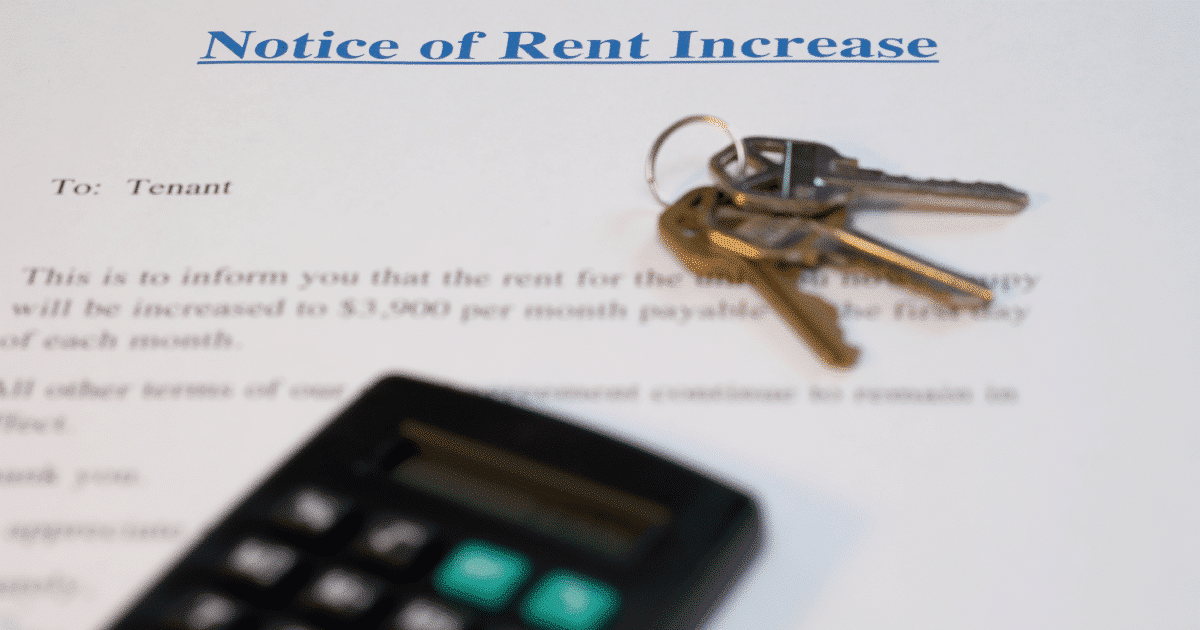Tenant harassment is a common thing that happens to many people. Some landlords get away with it because tenants don’t have the right knowledge to decipher what counts as harassment and what is acceptable from a landlord. Below we look at reasons why a landlord can harass a tenant and examples of tenant harassment.
Table of Contents
Why Do Landlords Harass Tenants?
If a landlord intimidates and puts pressure on a tenant using aggressive means, this is known as harassment. A landlord will do this to make it difficult for you to to have peace living in the rental unit to a point where the situation will make you want to move out when you’ve had enough.
If you are one of those tenants who constantly makes complaints when you are not satisfied with something, like noisy neighbours or issues with your shower, a landlord can begin to harass you out of anger. It is your right to live in a habitable place and it is the work of the landlord to make this happen.
Other landlords can choose to harass you out of discrimination. Have you been to certain apartments and you find that people from a certain community live there and start feeling like you are the odd one out? A landlord can discriminate against gender, religion, tribe or if you have children or not.
Examples of Tenant Harassment

Entering Your House Without Permission
Most tenancy agreements should state when and the reasons why a landlord can enter your house. A landlord is allowed to enter your home if they want to do maintenance, if they have a court order, in case of an emergency and for health and safety reasons. Even with the stated reasons, a landlord should give you prior notice before it happens.
Locks You Out of Your House
Have you come across a landlord who will purposefully lock you out of your house by putting a padlock on your door because of late rent payment or any other reason? In extreme cases, there are landlords who will remove your belongings from your house and leave them outside forcing you to look for another house. All these are different ways landlords harass tenants.
Raising the Rent

Landlords are allowed to increase rent if there is an increase in the property prices in the surrounding areas, if demand is on the rise and when he makes changes to the rental property such as putting in a new floor or changing the fixtures.
You might be wondering at what point a landlord is allowed to increase the rent. Usually, it happens when a new tenant is moving in and or when you are renewing your lease. A landlord should give you at least a 30-day notice before raising the rent money. If he tries to get more money from you in a different way, this can be termed as harassment.
Improper Tenant Eviction
There are landlords in Kenya who evict tenants illegally. A landlord, agent or caretaker who evicts you without a court order is breaking the law. There are various reasons a landlord can evict a tenant legally. However, a landlord will harass a tenant when he doesn’t follow the right procedure and the law when performing an eviction.
Refusing to Make Repairs

A tenant has a right to live in a safe environment which has basic amenities such as water, electricity and more. If any of the facilities in the house don’t work, it is your right as a tenant to put in a request to get the landlord to make the necessary repairs. If a landlord refuses to do so, this can be termed as harassment.
Threatening a Tenant
Home is the go-to place after a long day at work and after dealing with life’s stresses. It is where you unwind and get some peace of mind. Then there are neighbours who don’t respect people’s privacy and space. They want to play loud music until late into the night or host friends who constantly disturb the peace. As a tenant, the rightful thing you can do is report the matter to your landlord. But there are some landlords who will feel like you complain too much and will ignore your complaint. The more you complain the more annoyed the landlord gets. In the end, a landlord can threaten you physically or verbally to try and get you to move out.
Construction Disturbance

Just like the above example of the noisy neighbours, there is nothing more annoying than trying to get some sleep on a Saturday morning and you are woken up very early by construction noise. Or when you are walking around and find construction debris lying around the compound blocking your pathway.
Landlords who choose to carry out construction work late into the night or very early in the morning disturb your peace and the people living in the adjacent apartment blocks. It is wrong for a landlord to disregard a tenant’s peace just because it is their property.
Final Thoughts
Tenant harassment has become a common thing where tenants are finding themselves in sticky situations with the landlords that forces them to move out of the property. The reason why some tenants allow it to happen is that they don’t know their tenant rights. Knowing what constitutes as tenant harassment will help you to protect yourself in certain situations.



